‘There’s Shunning Going On’: Jury Deliberations in Harvey Weinstein Rape Retrial Get Ugly as Juror Asks To Be Dismissed Due to ‘Playground’ Nastiness
The judge is refusing to dismiss the juror, prompting Weinstein’s lead defense attorney to call him a liar.

One of the jurors deliberating the verdict in the retrial of the film producer Harvey Weinstein asked the judge to dismiss him because he kept witnessing juror misconduct and it was becoming unbearable for him. There was no verdict by the end of Friday.
“I wanted to request to be dismissed,” Juror Number Seven told the judge on Friday shortly before the lunch break.
The presiding judge, Curtis Faber, reminded the young man that he took an oath to be a juror.
“Can I give a reason?” the juror pleaded.
The judge warned the man not to mention anything regarding the discussions about the case in open court, and only to speak about things unrelated to the case.
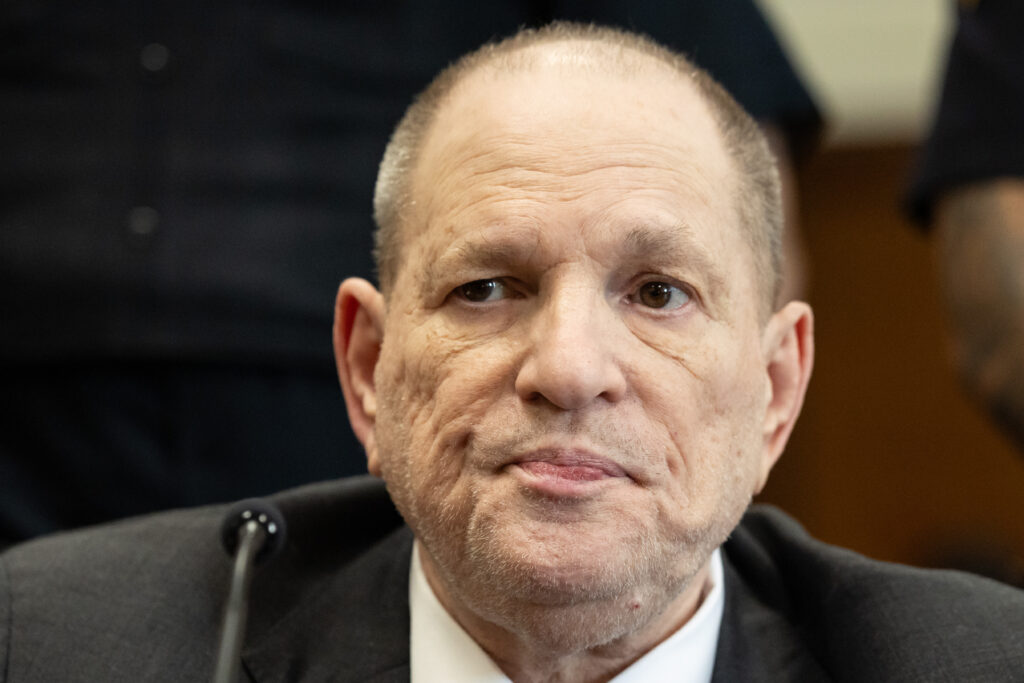
“Because of the experience I have had,” the juror began, “I don’t think this is fair or just. I just dont think it’s fair or just … there is a bit of shunning happening.” He appeared nervous while holding a microphone as he spoke.
Is anyone “asking you to vote beyond your conscience?” the judge asked. The juror shook his head.
An “uncomfortable situation in the jury room,” the judge went on, “is the normal course of deliberations.”
The juror wasn’t finished speaking yet. “The actions of certain people,” he said, are “playground stuff.” Then he explained that he overheard several jurors making unkind remarks about another juror in an elevator. “It’s taking place behind their back,” the juror complained.
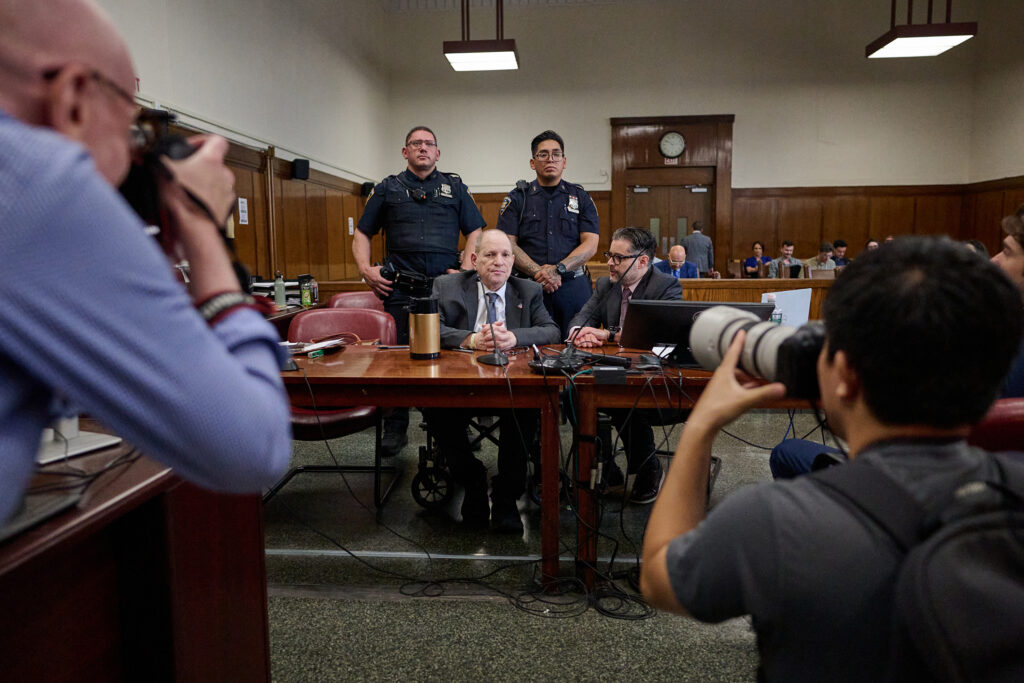
The judge said he didn’t understand why anyone would be bothered if people were talking behind their back, if the person being talked about didn’t know about the conversation.
”I have no authority to excuse you,” the judge told the young man, and explained again that the tensions were normal, that “deliberations can be heated.”
“If I was to excuse you,” the judge said, “and the trial falls apart, we’ll have to do the whole thing over again. … It’s serious business.” He told the juror that if anyone else needed to speak to him, he could send a note anytime. “I appreciate you letting us know,” the judge concluded. “But I can’t excuse you. Enjoy your lunch.”
If the jury should fall apart, as the judge said, leading to a mistrial, the trial may have to be repeated for a third time.
This retrial, which began with jury selection on April 15, is the second New York trial involving the Oscar-winning film producer, Mr. Weinstein, who is now 73 years old. The first trial took place in the same Lower Manhattan courthouse in 2020. A different jury convicted the film producer of two out of five sexual offense charges, and a different judge sentenced him to 23 years in prison.
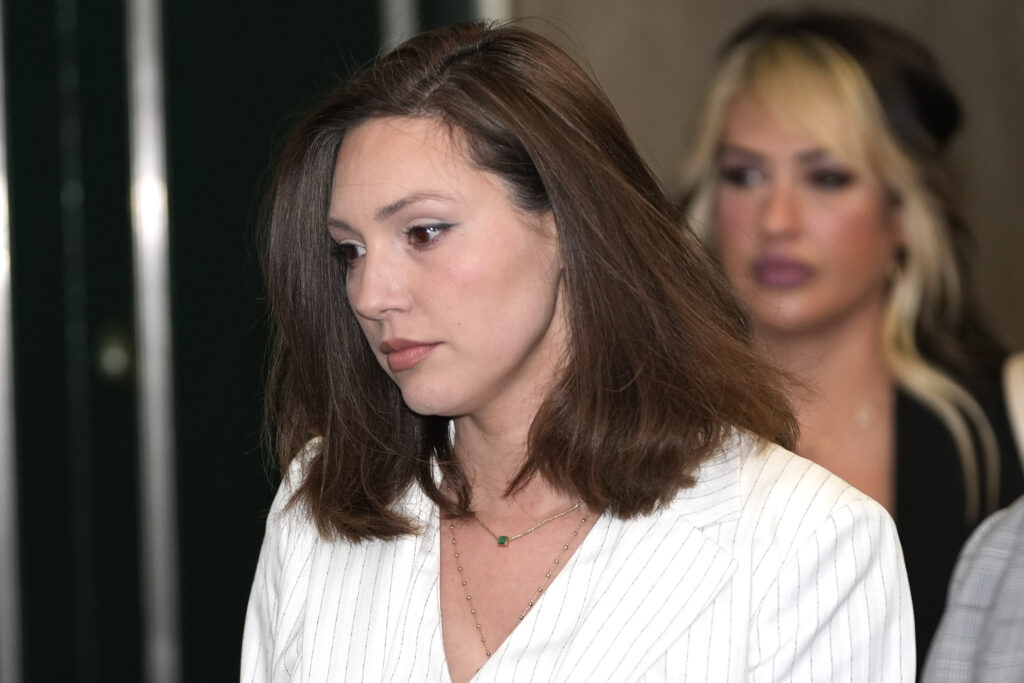
Last year New York’s highest court, the court of appeals, vacated his conviction in a 4-3 ruling, finding that the trial judge had wrongly allowed damaging testimony by women whose allegations were not part of the case and thus prejudiced the jury.
After lunch, the lead defense attorney, Arthur Aidala, had the transcript of the judge’s exchange with the frustrated juror in his hand, and he was ready for battle. He was outraged and asked the judge for a mistrial.
It was the second time on Friday that Mr. Aidala was asking for a mistrial, and the second time Juror Number Seven had complained to the judge. In the morning the same juror had told the judge that he had witnessed juror misconduct on Thursday afternoon, when he overheard several jurors loudly discussing the case outside the courthouse. Mr. Aidala was visibly irritated.
He read from the transcript, citing what the jude had said earlier, “‘I have no authority to excuse you.’” The attorney then described the statement as a “tremendous lie,” adding that the judge certainly had the authority to excuse a juror.
Mr. Aidala reminded the court that Juror Number Seven is 25 years old, a “computer kid” who lives with his grandmother, and said the judge had not “treated him properly” and had not listened to his concerns.
“You’re sitting on your high bench,” the attorney fumed, “and the fact that this kid has the guts to come in here. … In front of all these lawyers … and all this press.” Mr. Aidala said that courage should be honored and the juror’s concerns should have been taken more seriously.
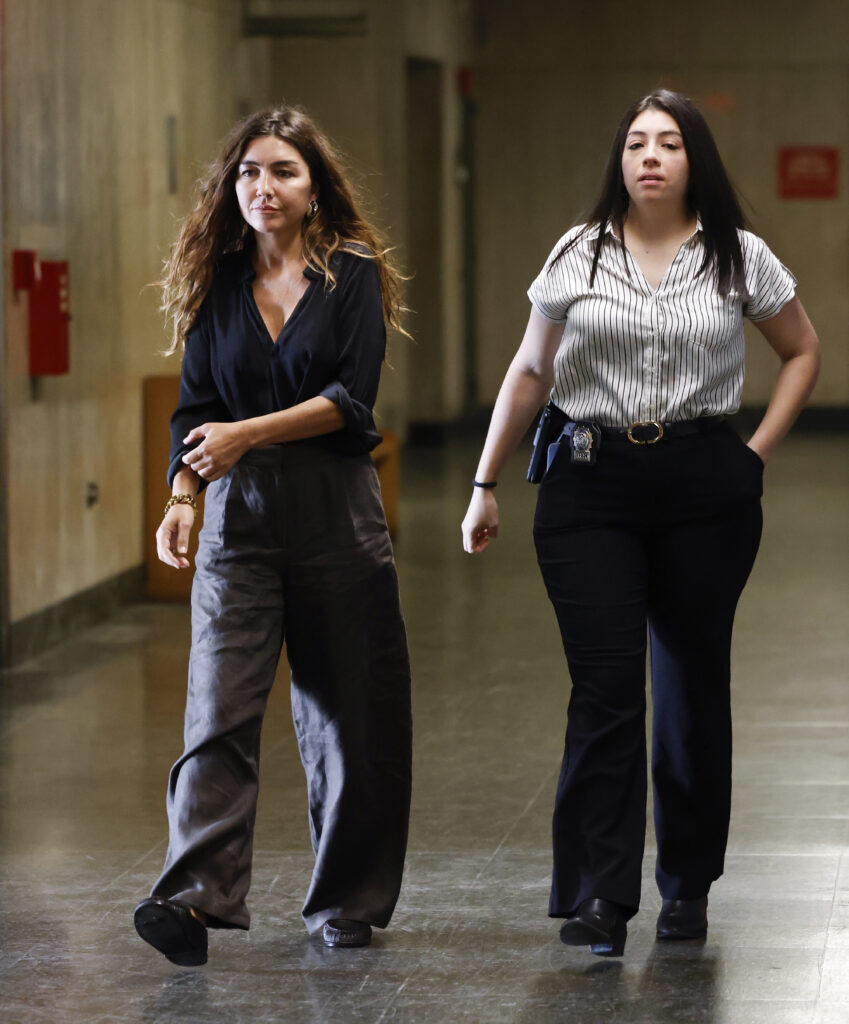
“He looked at me,” Mr. Aidala said in a loud and desperate voice as if he were trying to save a man from drowning. “He looked me right in the eyes.”
‘‘What’s going on in there is not fair and not just.’” The attorney cited the juror “a young kid. He doesn’t know what words to use. This case is all about being fair to Mr. Weinstein and being just to Mr. Weinstein. … We don’t know what he overheard in the elevator. … And the message to this young man was, ‘Don’t come back here and bother me. No one is telling you how to vote.’ This didn’t appear to be a very welcoming environment.”
The attorney paused. Another defense attorney had handed him a note and Mr. Aidala read it. Then he sighed and looked up at the judge: “If I referred to the court as a liar that was a total mistake. … My colleagues are telling me to apologize.”
Mr. Aidala had called the judge a liar for telling the juror that he had no authority to excuse him. The attorney now said he had spoken in “heightened anxiety” and had been “under stress,” and he apologized.
Judge Faber said he had taken no offense and asked the prosecution for a response. An assistant district attorney, Nicole Blumberg, who is prosecuting the case for the Manhattan district attorney’s office, cited various cases where jurors had cried or faced heated discussions, and said she agreed with the judge that conflicts during deliberations were not abnormal and that the juror himself had reiterated twice that this was “playground stuff.”
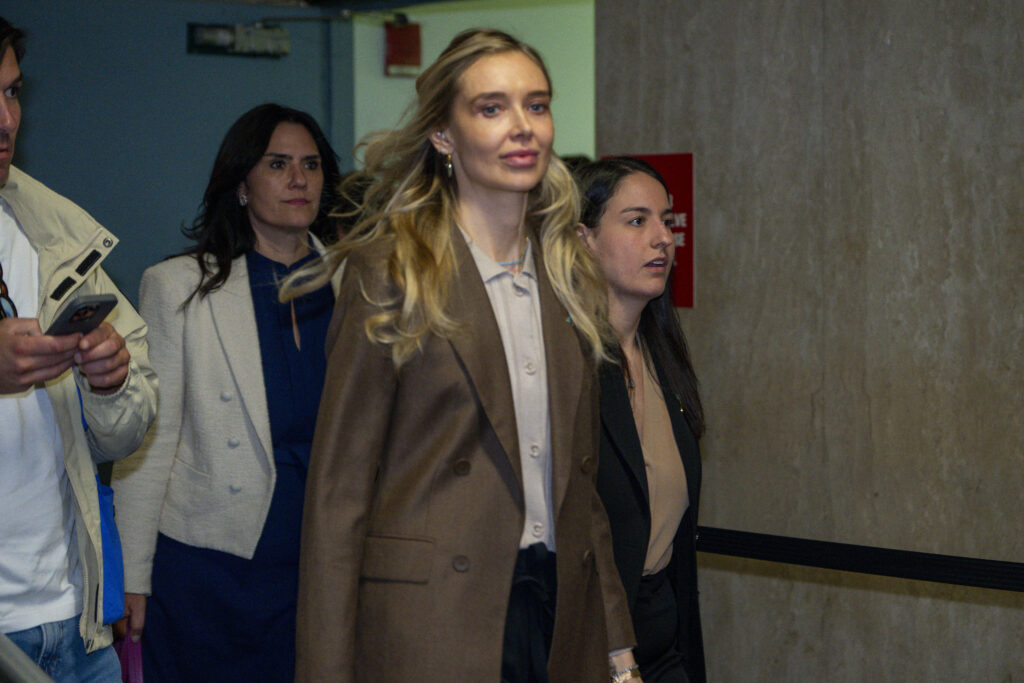
The judge denied the mistrial motion, and explained to the defense attorney that maybe the juror’s youth and inexperience made him feel “uncomfortable” with these types of conflict-loaded proceedings.
But Mr. Aidala insisted on his position, and told the judge he had not allowed the juror to “express” himself fully. “You didn’t ask him what they were talking about in the elevator. … Did it sound like one of the jurors had a preconceived notion? … Did it sound like one of the jurors did research on their own? … He [the juror] used the words ‘unfair’ and ‘unjust.’”
“I asked him what he meant by ‘fair’ and ‘unjust’ and he said ‘playground stuff,’” the judge said with a sigh.
“You should have asked a follow-up question,” the attorney pressed, “did he mean bullying? Playground stuff is bullying.”
“He said someone was talking behind someone’s back. He didn’t mention any threats or violence,” the judge concluded and ended the discussion.
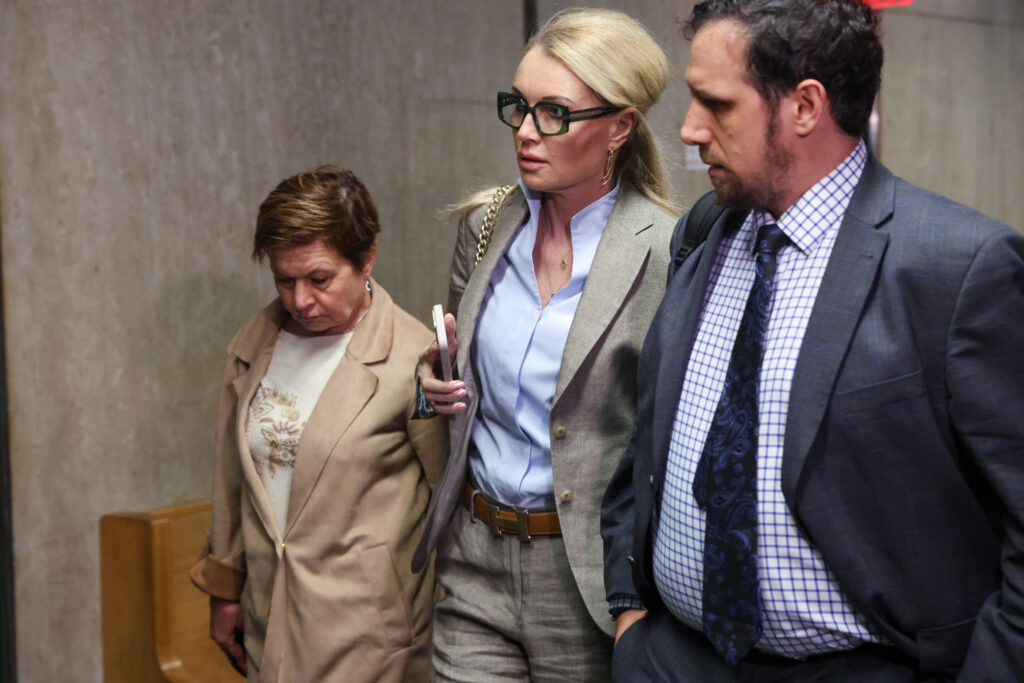
In the meantime the other attorneys were looking through the transcripts, because the jury had also sent a note and asked to be read back the testimony of one of those accusing Mr. Weinstein of sexual assault.
The film producer has been charged with three sexual offenses; one count of third-degree rape, stemming from an accusation by a former aspiring actress, Jessica Mann, who accuses him of raping her in a Manhattan hotel room in 2013; and two counts of criminal sexual act, by two women, a former production assistant, Miriam Haley, and a former Polish model, Kaja Sokola, who separately claim Mr. Weinstein forced oral sex on them in 2006. The movie mogul pleaded not guilty to all charges.
It was the fifth note the jury had sent since it began deliberations on Thursday, after one of the jurors had to be replaced by an alternate because one woman called in sick.
On Thursday afternoon, shortly before the day ended, the jury had sent three notes and asked for read-backs of the testimonies by Ms. Mann, who claimed that Mr. Weinstein raped her in 2013, and by Ms. Sokola, who claimed the defendant forced oral sex on her in 2006.
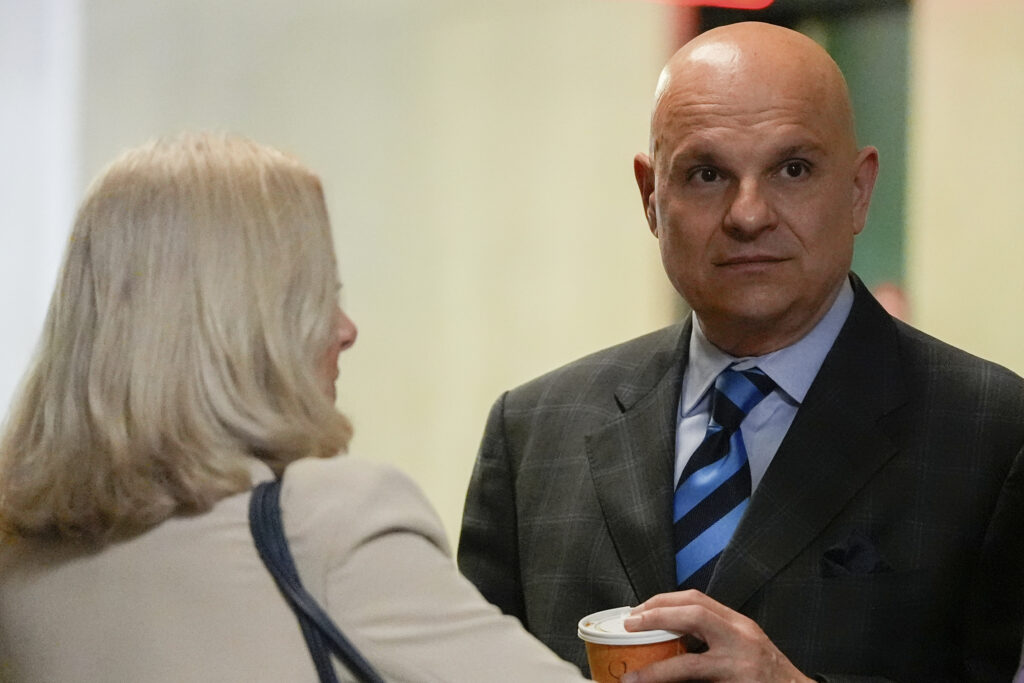
The jury had also requested to see Ms. Mann’s medical records. She had testified that she had checked herself into the hospital because she was having suicidal thoughts after the alleged rape and had begun cutting her arms.
On Friday, the jury wanted to hear the testimony of Ms. Haley, who had testified during the trial that Mr. Weinstein performed oral sex on her even though she told him she was on her period and, despite her pleading to stop, “yanked out” the tampon and “put his mouth” on her vagina.
His defense does not deny the sexual encounters occurred, but insists that they were all consensual, and that the women charging Mr. Weinstein are basically lying. In his closing argument, Mr. Aidala described the alleged victims as women with broken dreams, who had used their beauty and youth to seduce the film producer so he would help them further their careers in the entertainment industry. Because their careers failed, the attorney insinuated, they were upset and looked for other ways to make money by suing the producer in civil court.
Ms. Sokola received $3 million after she settled her lawsuit against Mr. Weinstein in 2023. She also received about $500,000, as did the other two women, from a victims’ compensation fund, which gave money to numerous women who filed a class action against Mr. Weinstein.
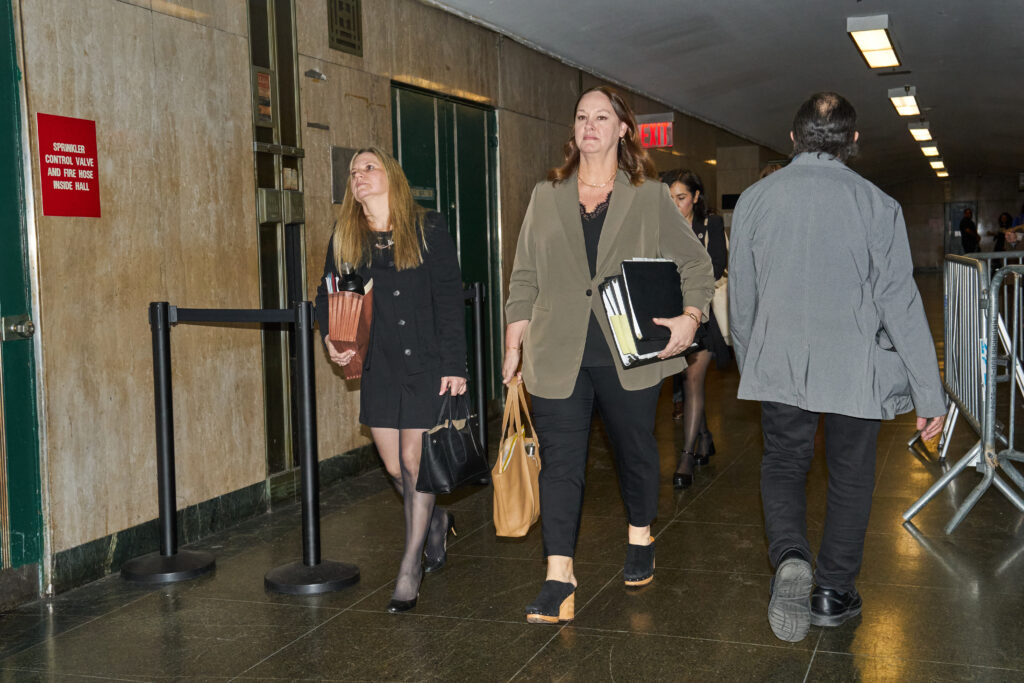
In 2017, more than 80 women came forward and accused Mr. Weinstein of sexual harassment. They were inspired by the actress Ashley Judd, who spoke on the record to the New York Times about how Mr. Weinstein allegedly tried to coerce her into a sexual encounter, and then damaged her career after she refused him. Among these women were Oscar winners Gwyneth Paltrow, whose career soared when she starred in Mr. Weinstein’s films in the 1990s, Cate Blanchett, and Angelina Jolie. Other actresses, such as Asia Argento, who briefly dated Mr. Weinstein, accused him of sexual assault.
The film producer denied the allegations, saying the sexual encounters were all consensual, and there was no harassment and no assault of any kind. After the Times piece was published, he was forced out of his production company and briefly checked into an Arizona rehab facility, Gentle Path, for sex addiction, leaving early.
His attorneys have expressed that they hope, now that the hysteria of the #MeToo movement has somewhat subsided, that the jury will solely focus on the facts of the case and be less influenced by social pressures.
It appears that the seven women and five men are still torn about the verdict. On Friday afternoon, at 4:50 p.m., the jury sent another note, asking for more time to deliberate, and the judge sent everyone home.
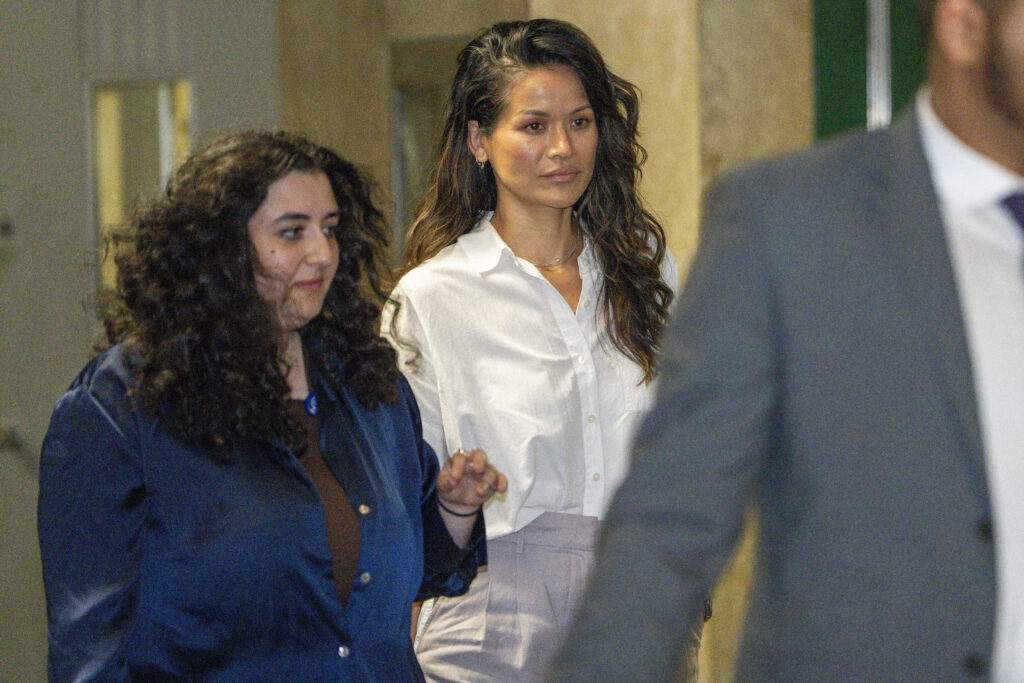
“So at this point, the jury,” Mr. Aidala told reporters outside the courthouse on Friday, “has asked for the read backs of all three complaining witnesses. Obviously, they’re focusing on the right things. You can’t read the tea leaves… They just want to hear about the incidents… There’s nothing precise that they’re looking for, that you can really draw a conclusion as to what they’re thinking.”
However, Mr. Aidala said he was very concerned about the issue with Juror Number Seven. “We are very concerned about the juror who came in twice today … saying that this process is unfair and unjust. Those are very important words in this courthouse behind us, unfair and unjust.”
“It’s very difficult when you’re in Mr. Weinstein’s position,” the attorney went on, “and you hear someone who’s part of that group that is weighing his life to say, ‘this is not fair and this is unjust,’ and that’s according to his conscience… So we are going to explore the legal issues around that this weekend and probably make a submission to the court over the weekend. We’ve asked for a mistrial about it twice, once this morning and once this afternoon.”
Deliberations will continue on Monday morning.

